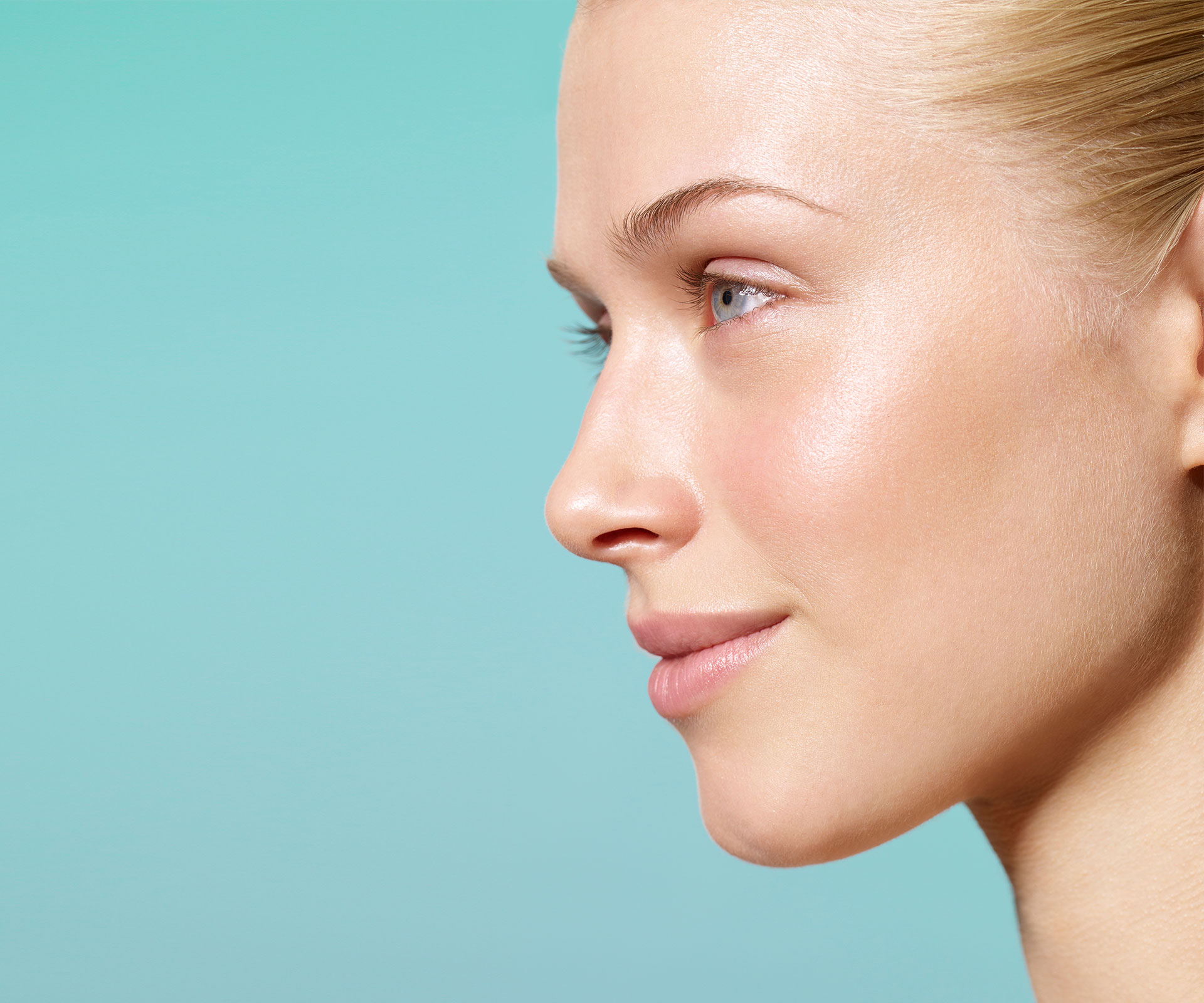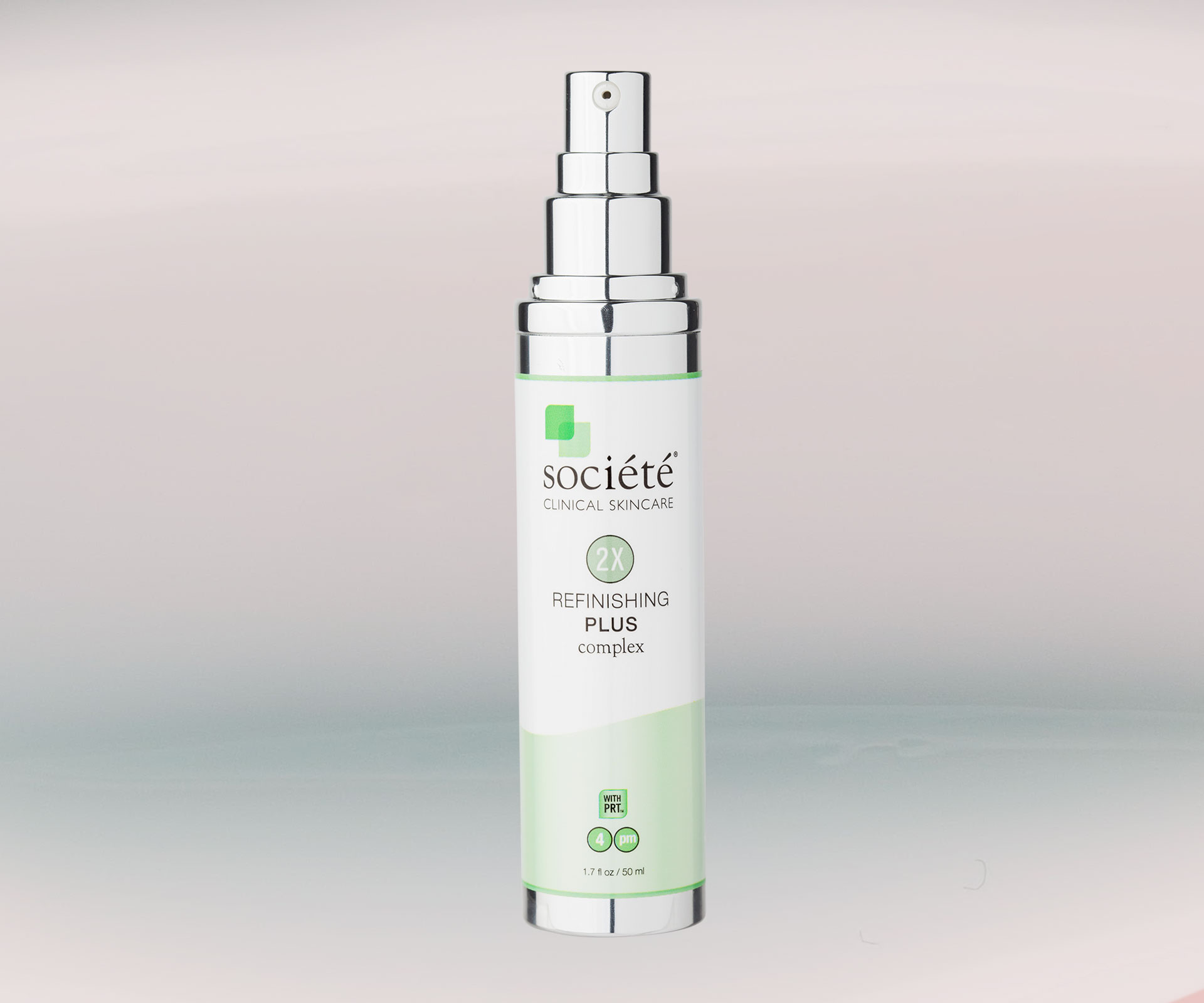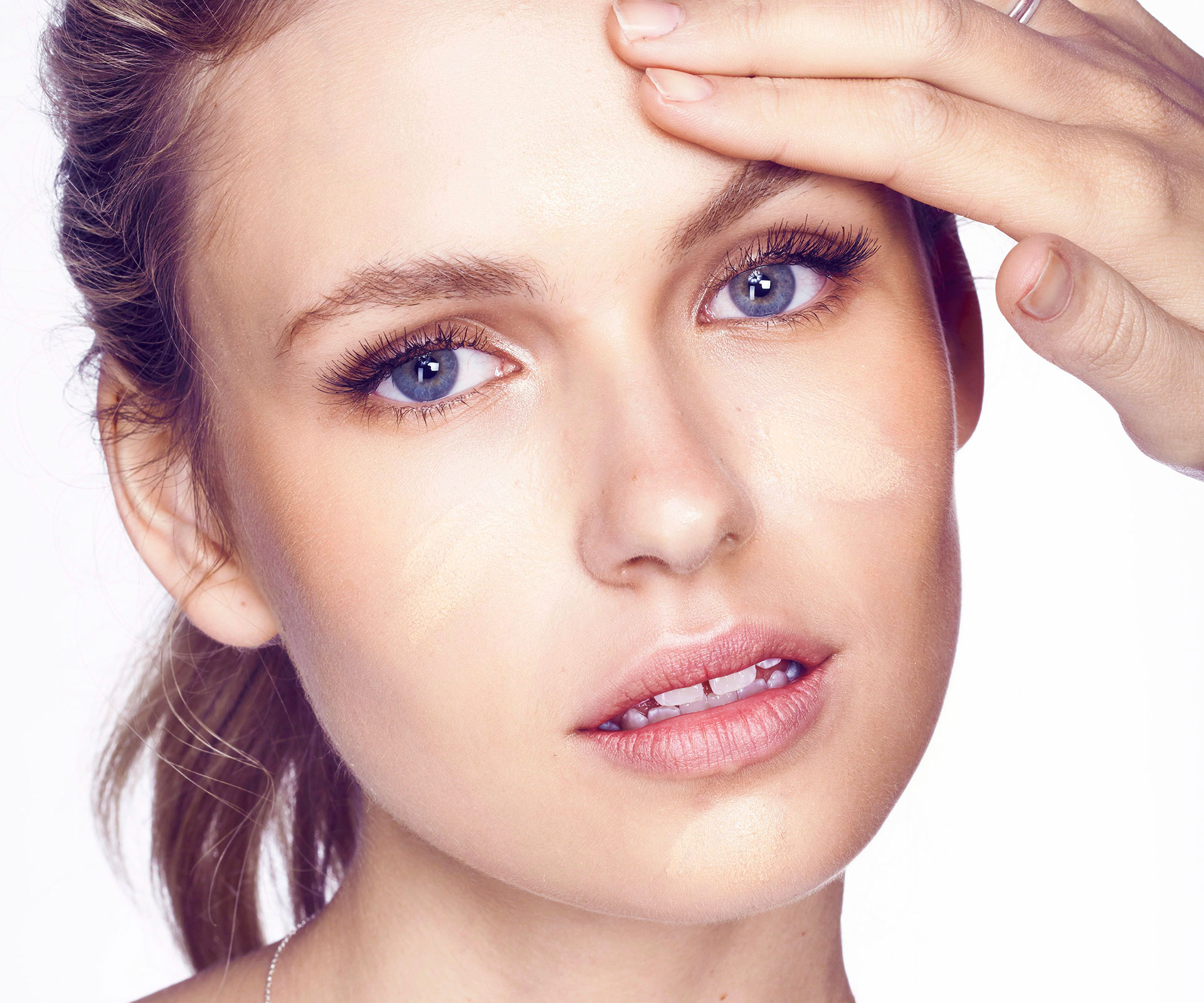Ask any dermatologist or skincare professional what ingredient we should be using and chances are you’ll get the same answer: vitamin A. Vitamin A or retinol, which is pure vitamin A, works by getting to the deeper layers of the skin to help with cell renewal as well as thickening the epidermis and dermis, meaning the skin becomes more elastic. This is why retinol is known for its anti-aging powers but there is more to this ingredient than fighting fine lines and wrinkles. “Vitamin A has a molecular structure that’s tiny enough to get into the lower layers of skin, where it finds collagen and elastin,” says Dr Joanna Romanowska from Clinic 42.
“Retinol is proven to improve mottled pigmentation, skin texture, skin tone and colour, and your skin’s hydration levels.” Not only that but Caroline Parker, head of education for Dermalogica NZ, says that vitamin A encourages collagen production while also preventing the deterioration of our existing collagen.
Topical treatment of retinol also works to treat acne so is beneficial for teens and those in their early twenties too – another reason to start younger than you would think. “This drug decreases the size of sebaceous glands and reduces their secretions,” explains Dr Romanowska. “The agent also reduces the amount of bacteria present in the ducts and surface of the skin.”
But with all these benefits, you’re going to have to go through the hard yards to reap them. One thing that can scare first-time users off using topical vitamin A are the side effects of itching, redness, dryness and peeling. Unfortunately this is something you may have to push through but note, not everyone will experience this. It can be a slow process but you have to condition your skin. Build up your tolerance to topical doses by using it twice a week, than every other night before your skin can handle a daily dose. Be aware not to use any other active ingredients or exfoliants during this stage as your skin will be more sensitive – you’re polishing your skin and the texture will be finer. This vitamin is also sensitive to sun exposure so only apply it at night.
Just as you have to be patient to build up your tolerance, you’re going to have to wait to see your skin improve – but it will be worth it. “Long-term (at least six months), continuous use of topical retinol results in significant improvement of photoaging, namely fine wrinkling, roughness, and hyperpigmentation,” says Dr Romanowska. “With continued application, clinical improvements are maintained.” It seems the saying “all good things take time” applies here!
Words by: Danielle Lagos
Photos: Getty Images, Bauer Studios


